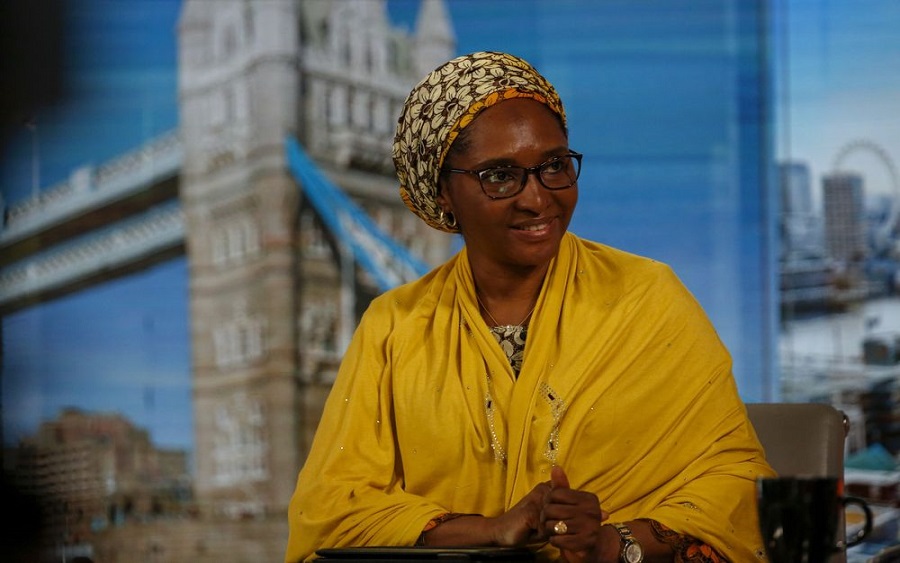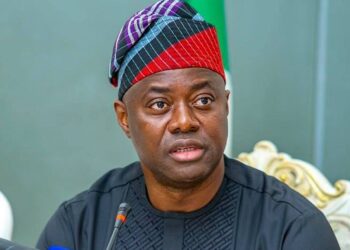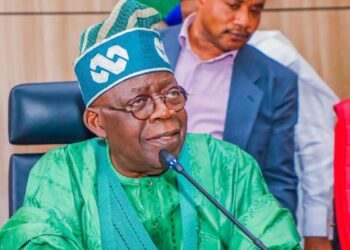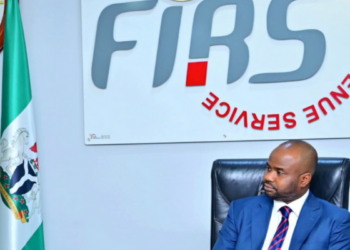Nigeria is set to achieve its plans of getting the $1.5 billion World Bank loan package as it is in the closing stages of the deal following its fulfilment of the conditions set by the international multilateral organization.
This disclosure was made by the Minister for Finance, Budget and National Planning, Zainab Ahmed, during an interview on Friday, November 27, 2020, with Bloomberg Television.
While pointing out that Nigeria’s senate approved the borrowing plan from the World Bank in June, Ahmed said the board of the multilateral institution will discuss the loan package at their next meeting.
What you should know
It can be recalled that the World Bank loan which had been sought by Nigeria in the wake of the devastating impact of the coronavirus pandemic, was being delayed by the Brettonwood institution due to concerns over reforms as it feels that Nigeria has not shown enough commitment towards achieving them.
Some of the reforms include the unification and flexibility of the exchange rate, removal of fuel subsidy, increase in electricity tariffs amongst others.
However, it seems that with the recent deregulation of the downstream sector of the oil industry with the attendant removal of fuel subsidy and increase in electricity tariff, some of those concerns of the World Bank are gradually being sorted out.
Ahmed also said that Nigeria is considering joining the G-20 debt-relief initiative and is talking to commercial lenders to secure their backing.
She said, “We will consider joining as long as it is safe for us to do so. Nigeria couldn’t participate initially because some of the conditions were unfavourable for existing loan commitments with bilateral lenders and other international borrowings.”
On the increased gap between the official rate and parallel market rate, the minister said the government is concerned about the widening gap in the naira’s exchange rate on the official and parallel markets.
She said, “We have been taking measures to close the gap. We hope to get to an even level very soon so the impact of the exchange rate will become moderated.”




















